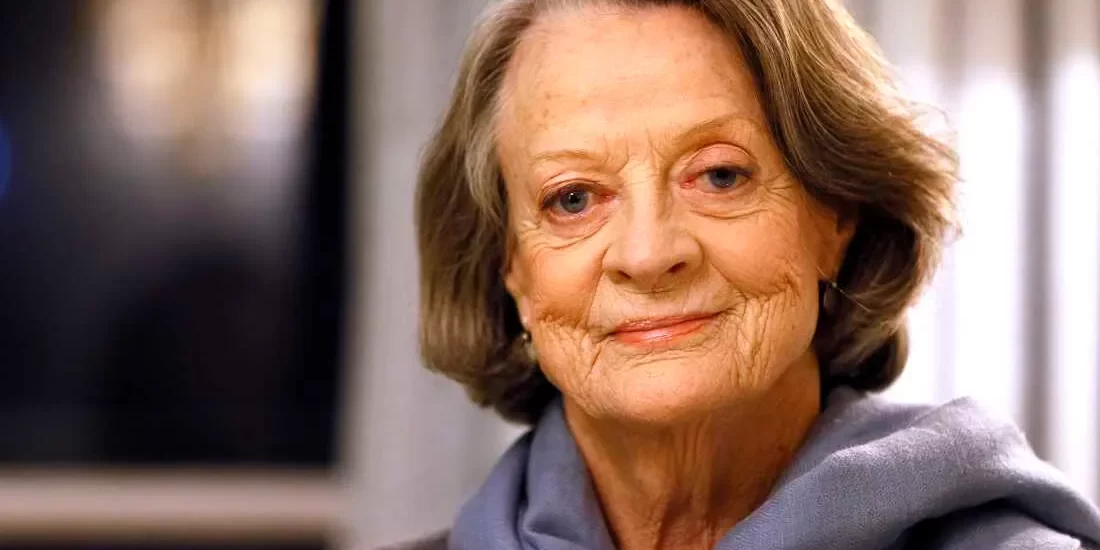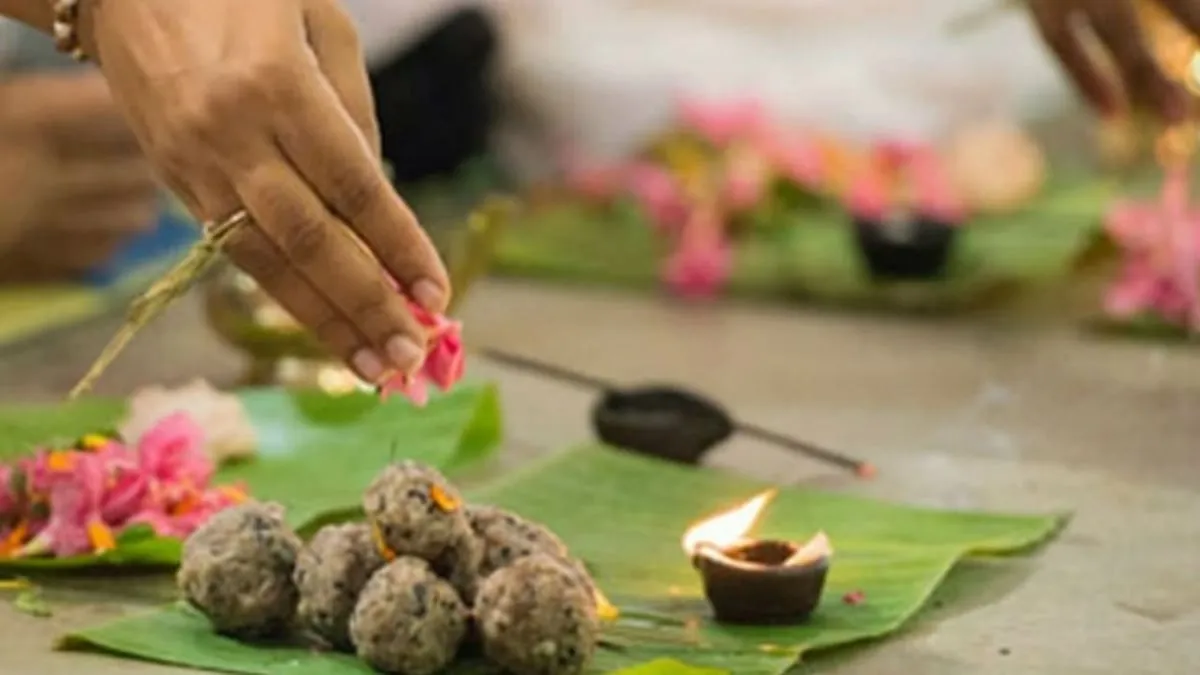Farewell, Professor McGonagall! The news of British actress Maggie Smith’s passing at the age of 89 has left the world in mourning, with tributes pouring in from all corners. Reflecting on her life, Maggie Smith dedicated over 70 years to the screen and the arts. As one of the most prolific actresses in the UK, she delivered remarkable performances in films, dramas, and stage plays. However, away from the spotlight, she led a low-profile and mysterious life, leaving behind endless memories for future generations.
An Undeniable Legend, Maggie Smith Was a National Treasure Upon hearing of Maggie Smith’s passing, the official “Harry Potter” account paid tribute with stills of the “Gryffindor Headmistress.” Daniel Radcliffe, the star of the Harry Potter series, shared a heartfelt post on Instagram, saying, “The word legend is overused, but if it applies to anyone in our industry, then it applies to her. Thank you, Maggie.”
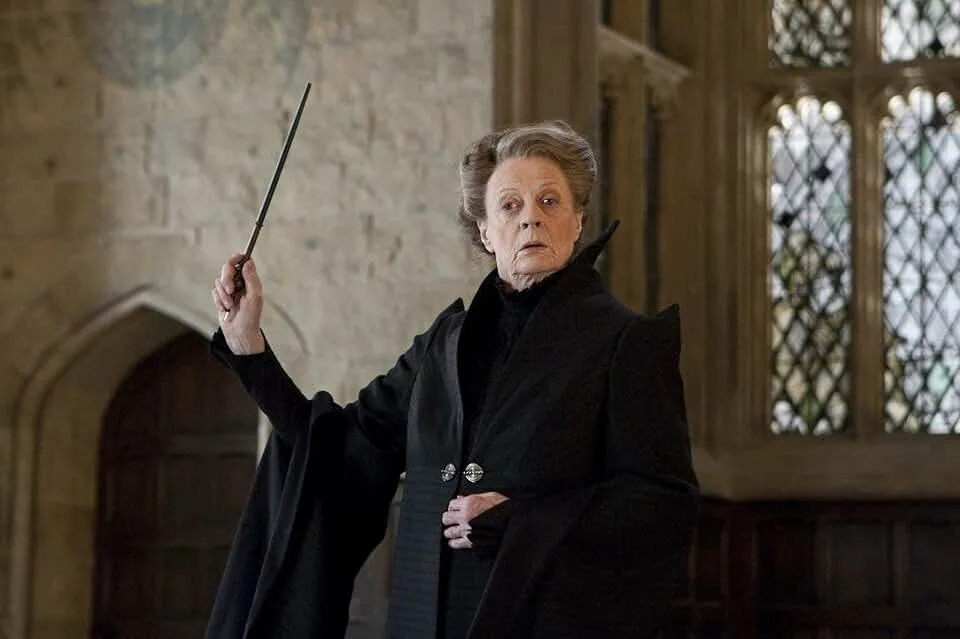
Buckingham Palace also expressed condolences for the loss of this “national treasure.” Reflecting on her life, Maggie Smith was both humorous and awe-inspiring, her words sharp yet sincere. Even after facing illness, she continued acting, always presenting her best self to the audience. She taught people about passion and courage through her life, and as fellow actors have noted, the world was lucky to have Maggie Smith.
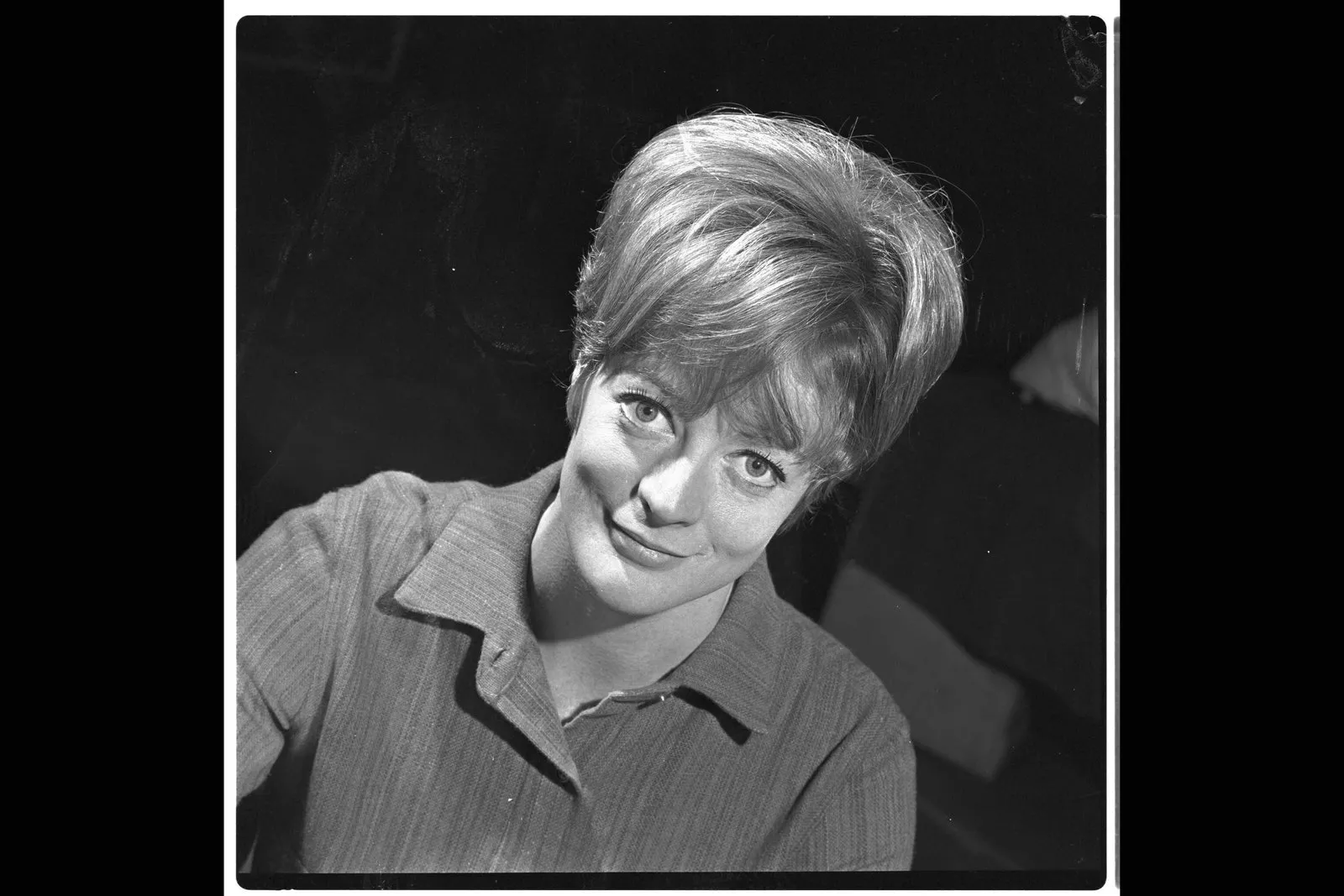
Maggie’s Rebellious Nature Was Not Suppressed by a Conservative Upbringing Maggie Smith’s rebellious spirit was innate. Born in 1934 in Oxfordshire, England, to a public health pathologist father and a secretary mother, she had a twin brother. Despite her conservative upbringing, Maggie’s free nature was unrestrained. Rarely giving interviews, her childhood stories were captured by playwright Michael Coveney in her biography: Her first trip to the movies resulted in a beating from her father. “Her mother told her she could never be an actress ‘with that face,’ but Smith was undeterred; as a young girl, she had a questioning nature.” Maggie was both rebellious and emotional, quietly observing dissenting voices without confronting them directly, yet always maintaining her independent thinking. According to her father, Maggie’s first “public” performance was on an Oxford sidewalk, where she danced in high heels and a ballet dress for a small crowd, singing, “I’m a wildflower, getting wilder every hour.”
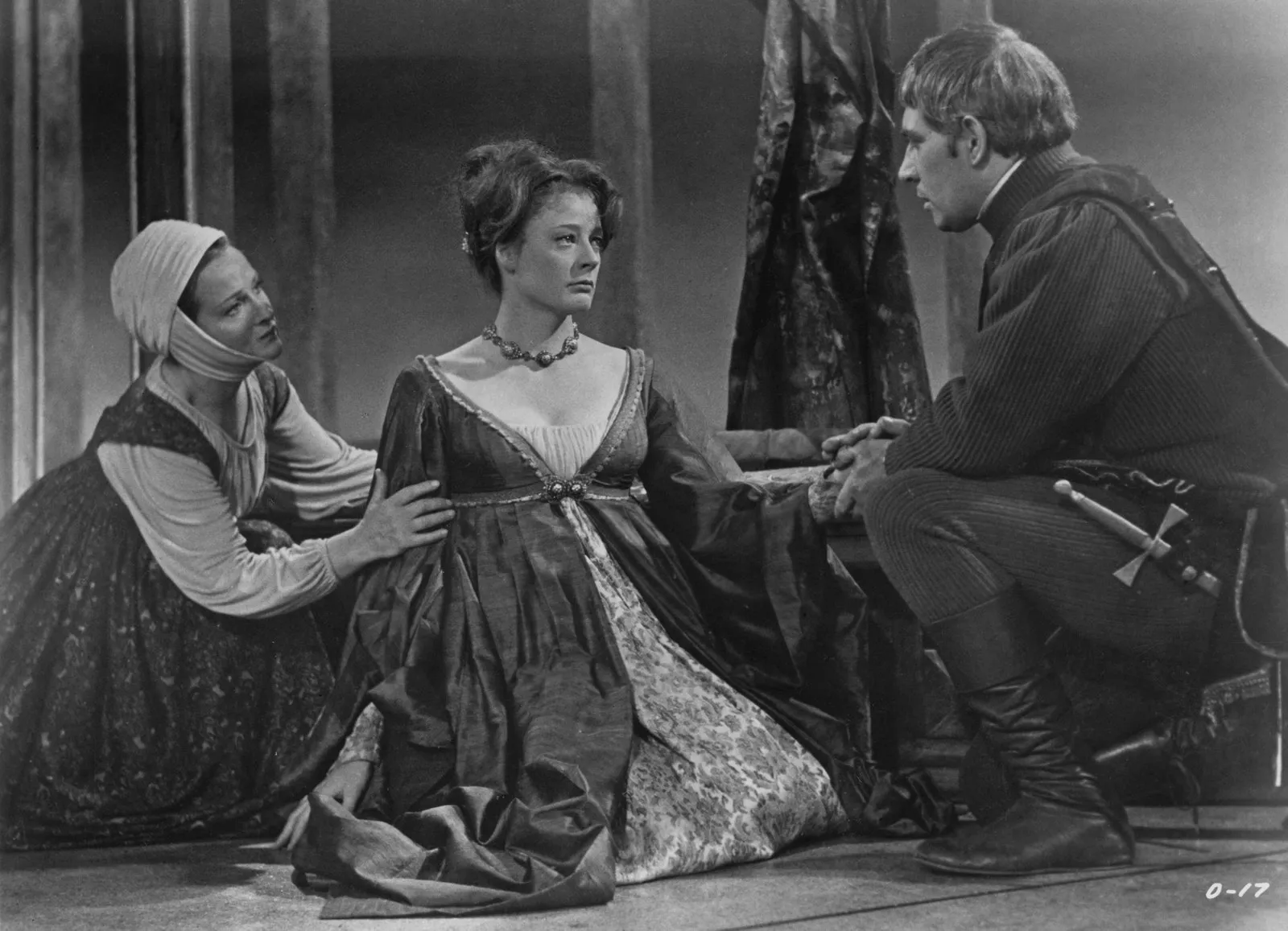
Maggie Smith Made Her Debut at 17, Eventually Becoming a “Grand Slam” Actress Maggie started working in theater as a teenager, initially as an extra, waiting for a chance when regular actors fell ill. In 1952, at the age of 17, she had the opportunity to play Viola in “Twelfth Night” at the Oxford Theatre, marking her official debut. Thus began the era of “Maggie Smith,” where she would go on to win numerous awards, reaching the pinnacle of drama, film, and theater, becoming a national treasure who achieved a “grand slam” in the acting world.
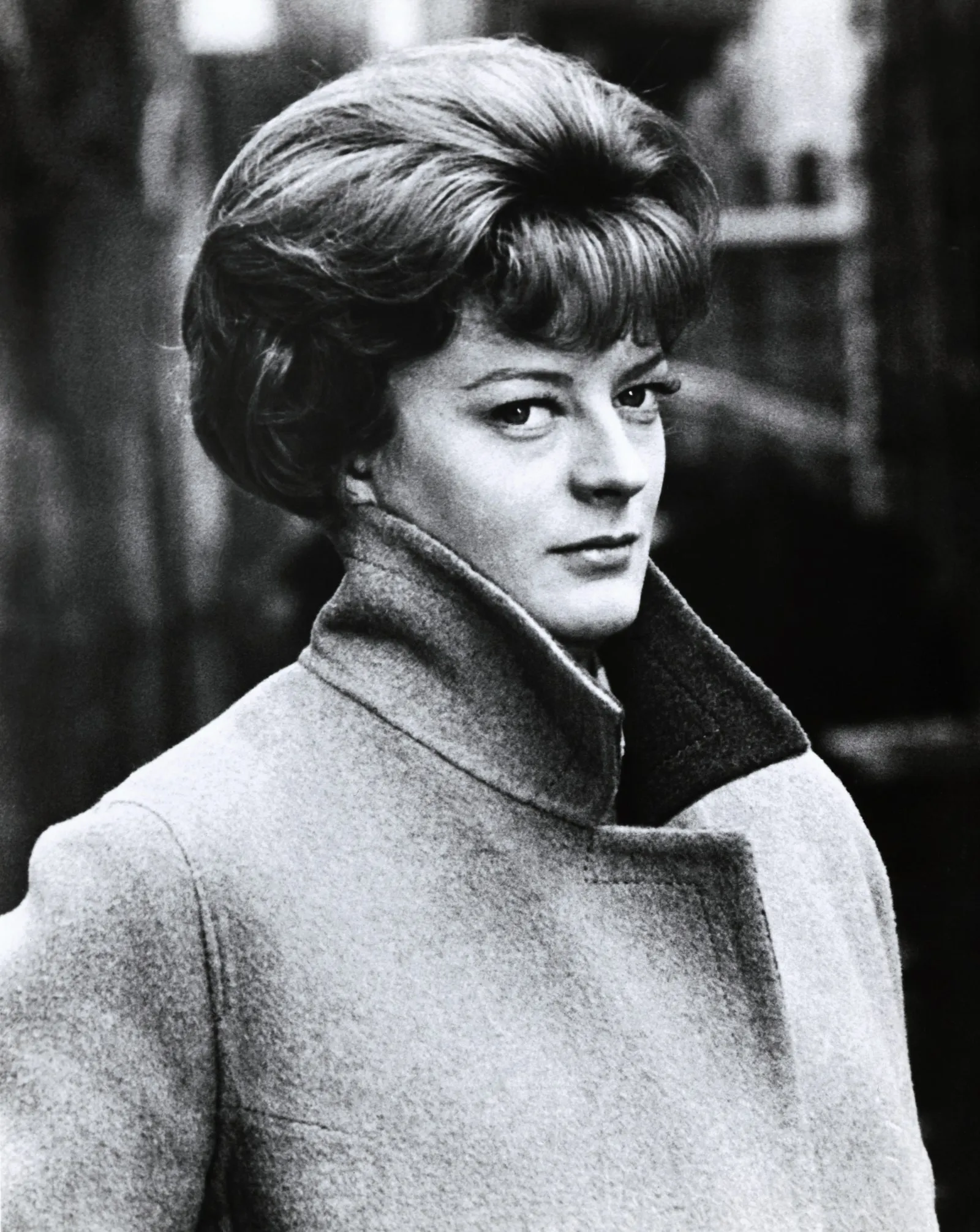
Maggie Smith Remained Humble Despite Being Honored by the Queen In 1990, Queen Elizabeth II made Maggie Smith a Dame, and in 2014, she was awarded the Honorary Companion of Honour for her contributions to the field of performance. She also received honorary Doctor of Letters degrees from institutions like Cambridge University. Despite her remarkable achievements, Maggie summed up her acting career with one phrase: “A person goes to school, a person wants to act, a person starts acting, and a person is still acting.” When asked about acting, she replied, “I still don’t understand acting.” Perhaps in her mind, she was still that child dancing freely in the alleys, not wanting to delve into overly profound questions.
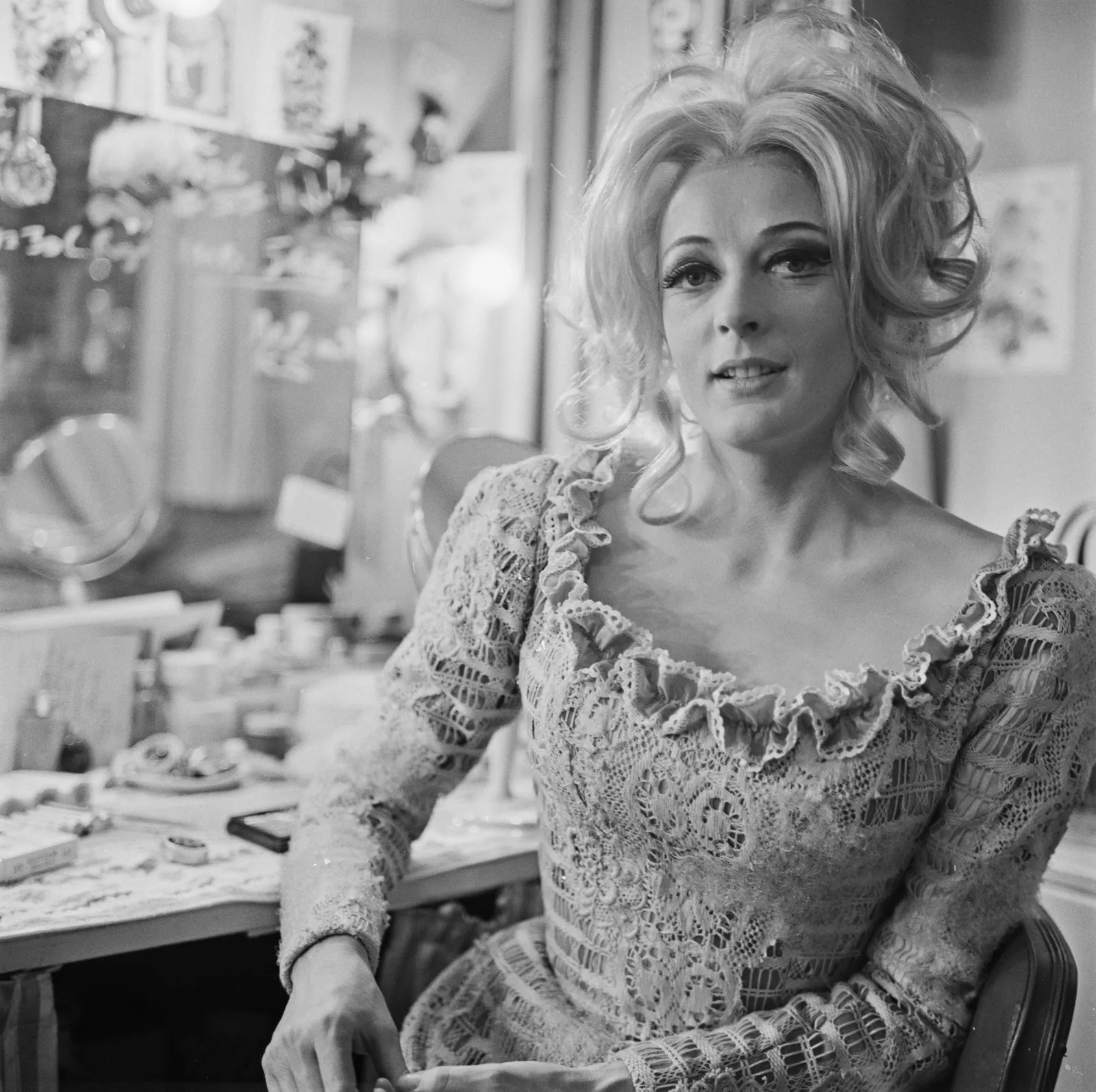
Dominating the Theater in the 60s, She Received the Tony Award In the 1960s, Maggie Smith dominated the theater scene, winning the first Best Actress award from the Standard Evening News in 1962. Her performance in “The Night of the Iguana” caught the attention of renowned actor Laurence Olivier, leading her to become a member of the National Theatre. She later performed on Broadway, portraying figures from Cleopatra to Queen Elizabeth, with critics praising her ability to “create miracles.” The impact of her performances was such that “you have to see it to believe it.” In total, she won six Best Actress awards from the Standard Evening News and received two Tony Award nominations for Best Actress for “The Private Lives” and “Day and Night,” eventually winning the Tony Award for Best Actress in 1990 for “Lettice and Lovage.”
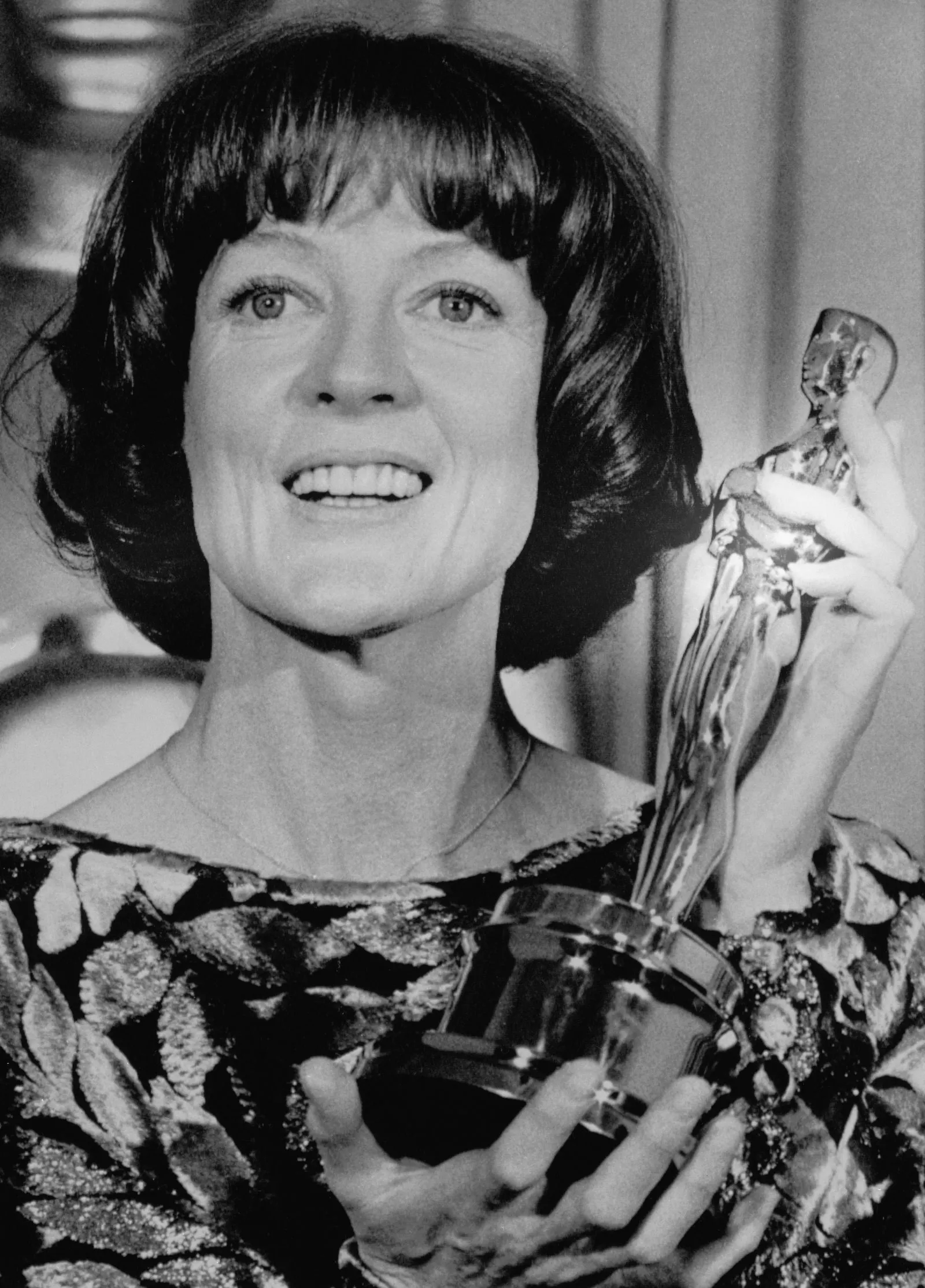
Maggie Smith Won Two Academy Awards In the film industry, apart from her well-known role as Professor McGonagall in “Harry Potter,” Maggie Smith won two Academy Awards early in her career. Throughout her life, she won three Golden Globes, five BAFTA Awards, and five Screen Actors Guild Awards. In 1969, she won her first Academy Award and BAFTA for Best Actress for her role as the politically passionate teacher Jean Brodie in the romantic comedy “The Prime of Miss Jean Brodie,” delivering ideas that were rebellious for the time.
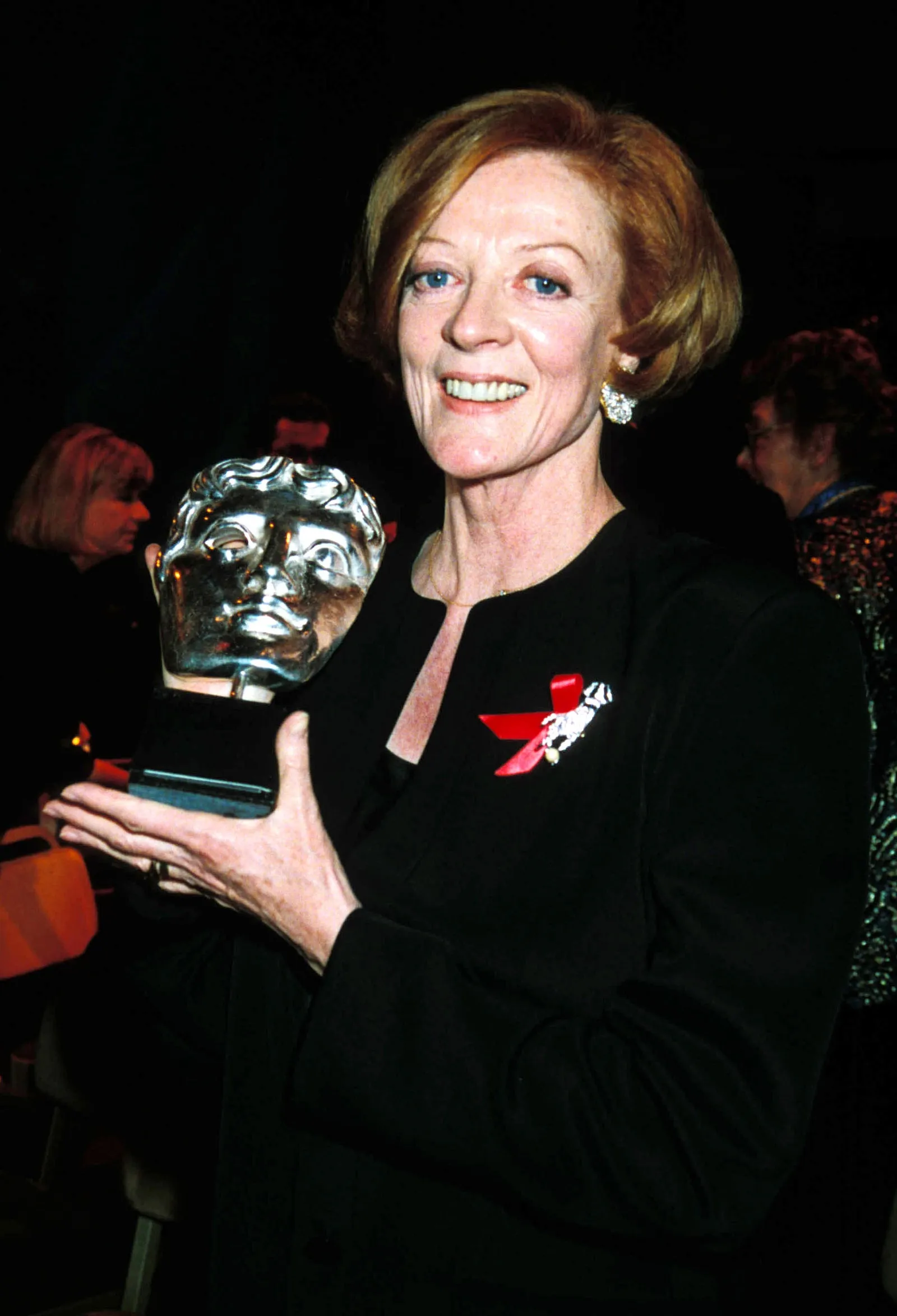
Nine years later, she won the Oscar for Best Supporting Actress and the Golden Globe for her role in the romantic comedy “California Suite.” Renowned for her comedic talent, she won the Screen Actors Guild Award in 2001 for “The Best Exotic Marigold Hotel.” Maggie Smith not only enhanced her profile in blockbuster films but also shined in independent films such as “The Best Exotic Marigold Hotel” and “The Lady in the Van.”
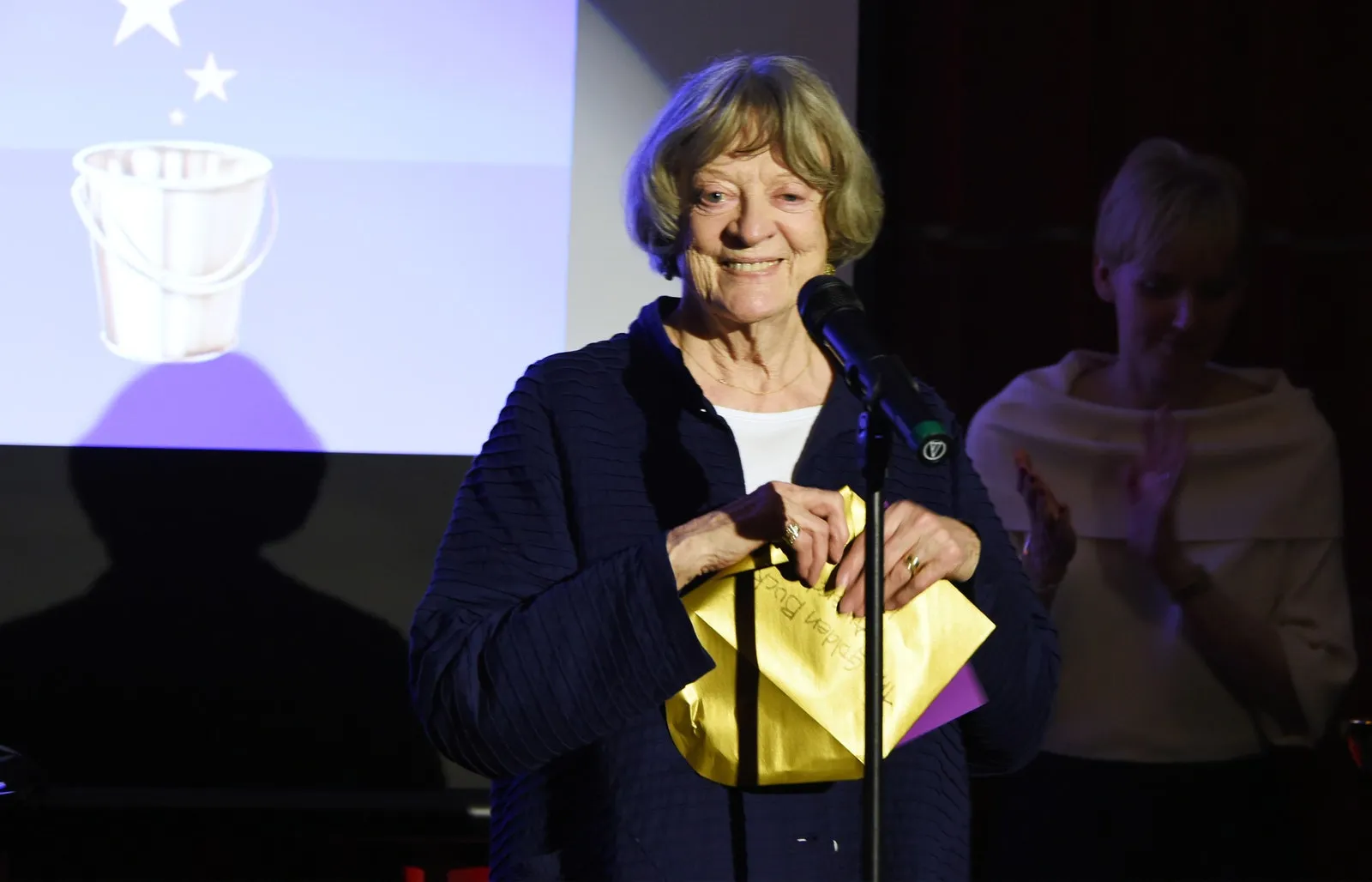
Recognized with Emmy Awards for Her Role as the Countess in “Downton Abbey” In the television world, Maggie Smith continued to create classics! In 2010, she played the acerbic Dowager Countess of Grantham in “Downton Abbey,” jokingly stating, “I can’t stand fools; I’m quite picky. Perhaps that’s why I’m so good at playing nasty old ladies.” Maggie was indeed the Countess, and her character became a fan favorite. Even the show’s creator, Julian Fellowes, referred to her as his muse, saying, “With Maggie, from the start, you have a powerful narrative intelligence. She understands why a line is said, and if you give her a funny line, you never have to explain it.” Over six seasons of “Downton Abbey,” Maggie Smith received a Golden Globe, three Primetime Emmy Awards, and four Screen Actors Guild Awards.
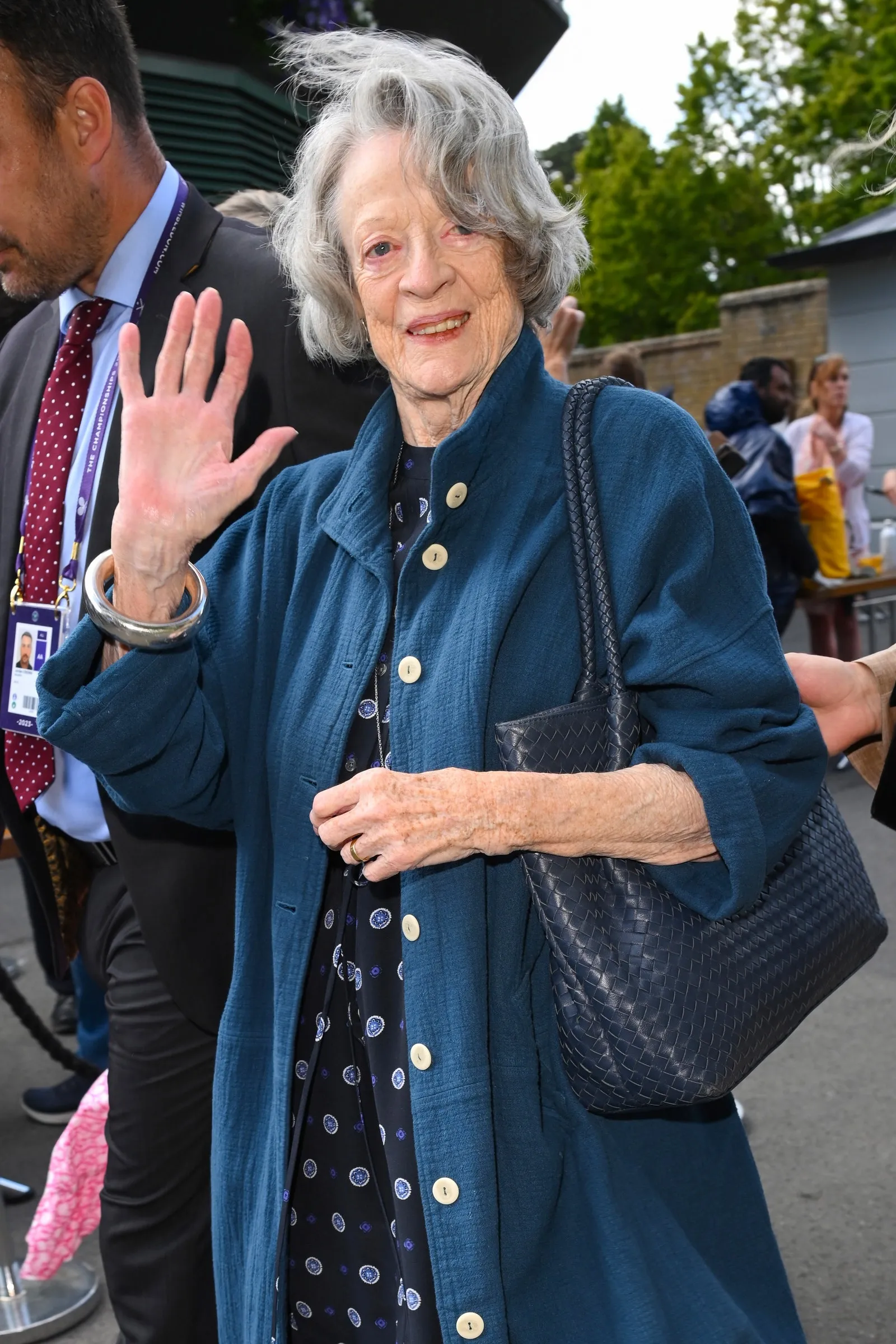
Facing Breast Cancer, She Continued Acting and Faced Death with Calm In front of the camera, Maggie Smith always radiated energy, so the world was shocked when they learned of her health struggles, as she rarely spoke about her condition. At 33, she was diagnosed with Graves’ disease, an immune system disorder that caused her eyes to swell and inflame. She later described the experience as “terrifying, as if life was shrouded in fog and despair.” Ultimately, she was successfully treated with radiation therapy. However, while filming “Harry Potter,” she was diagnosed with breast cancer, and after chemotherapy, she finally received medical clearance to continue acting, wearing a wig to complete her role in “Harry Potter and the Order of the Phoenix.”
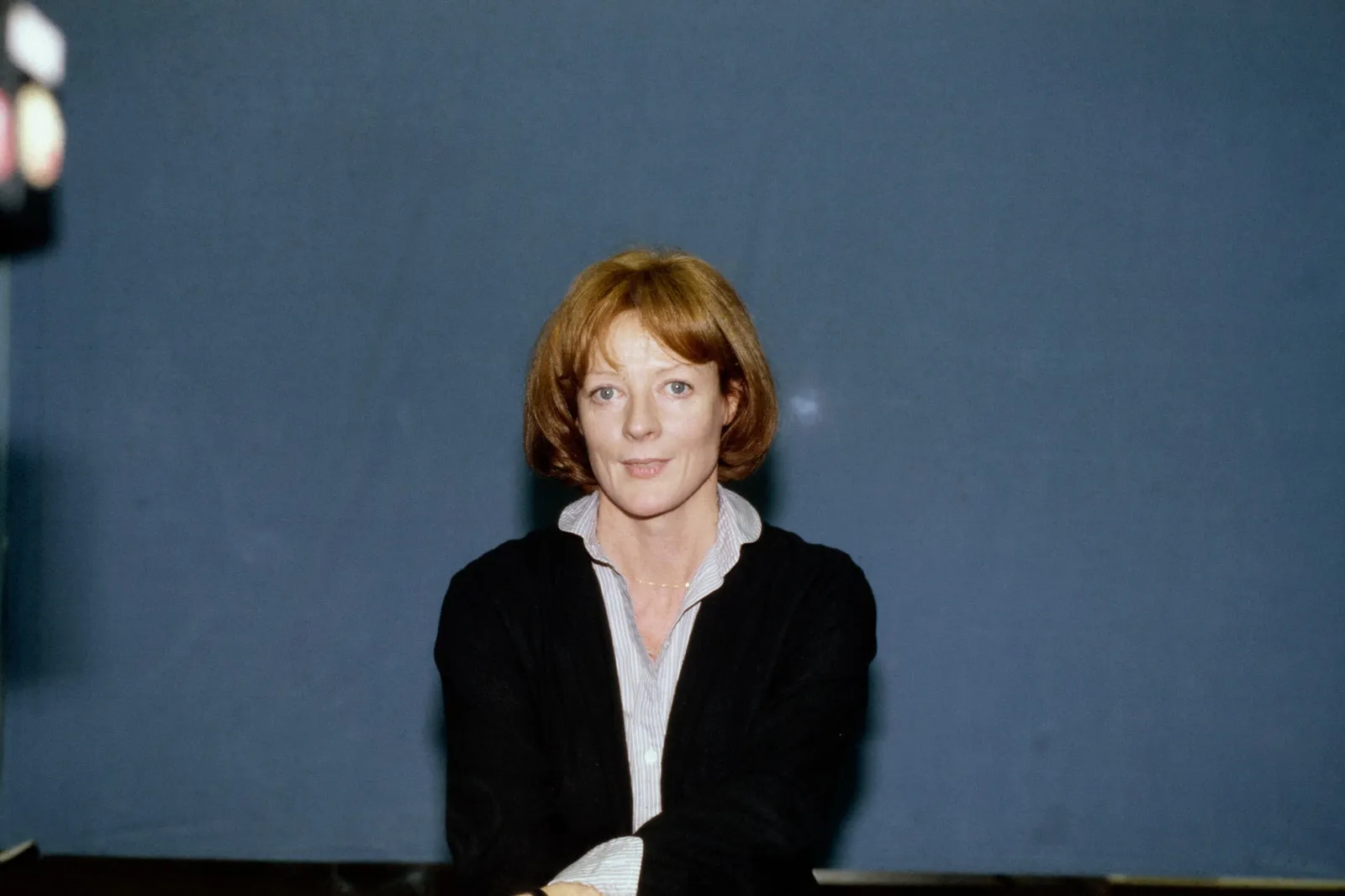
When she occasionally spoke about her illness, Maggie rarely focused on herself; she expressed more concern for young lives and their families enduring similar struggles. “I dislike seeing people like that. No one should have to sit in those places,” she said. Perhaps out of sight of the camera, she had already contemplated death many times. She candidly admitted, “At this age, I finally breathe easy because, at this age, you feel like it’s all over. That’s why I dislike seeing young people undergo treatment. I can’t bear it; it doesn’t seem fair.”
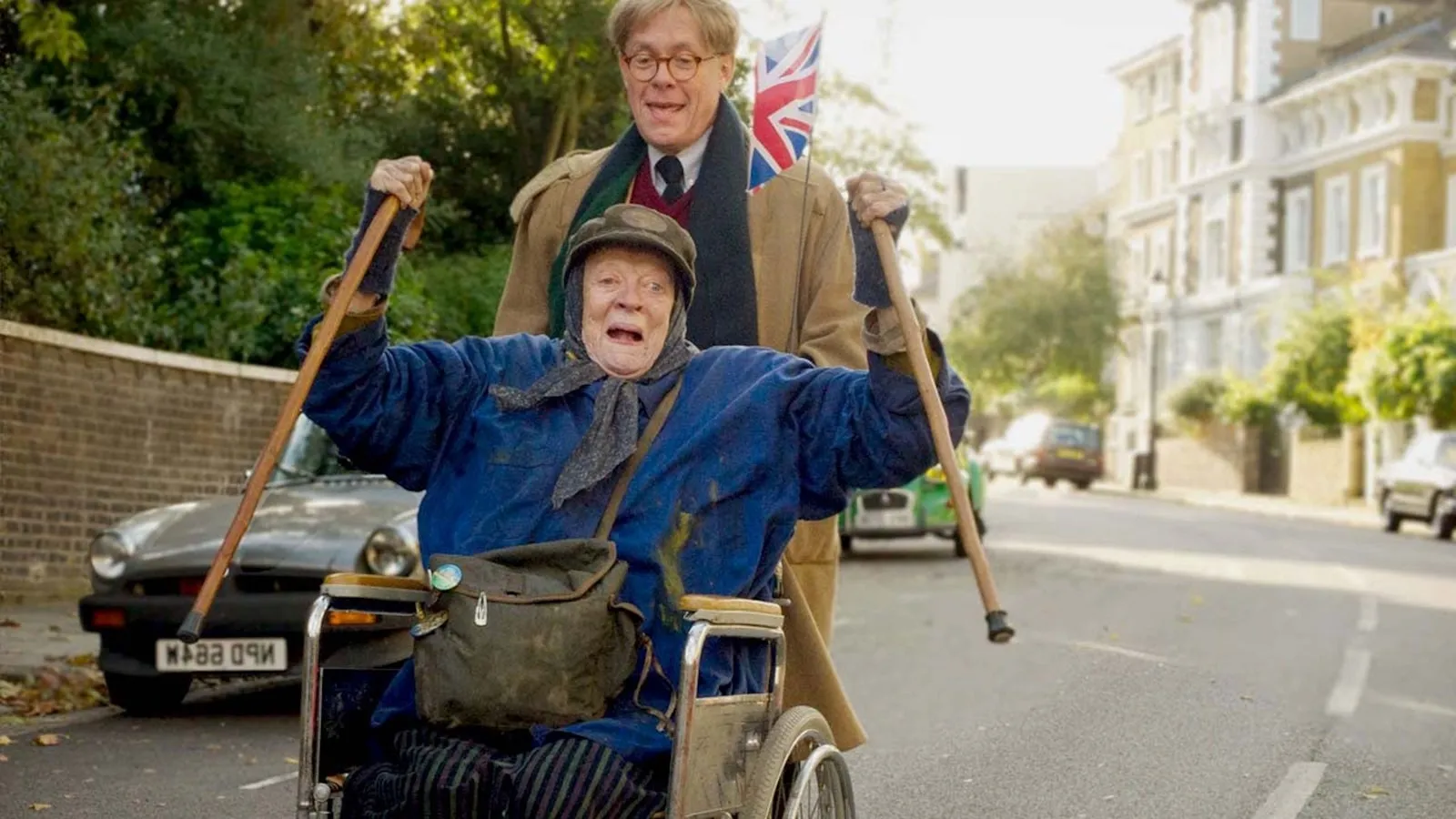
Nothing Is Eternal; Enjoy the Present Boldly! Looking back at photos of a young Maggie Smith, with her short curly hair, she exuded elegance and personality. Maggie’s beauty mirrored her character—mysterious and low-key. She didn’t keep a diary or write a memoir, and when her biography was published in 1992, she later claimed it had nothing to do with her. So, how did she recall her past? She stated, “Beauty and aging are of no importance to me. Let everything happen to you; just keep moving forward; nothing is eternal.” Speaking of life, she was clear and insightful: “Life is short, and at least half of the world is terrible, so bravely enjoy the present!”
Perhaps the world will never be fully prepared to say goodbye to Maggie Smith, but her spirit will live on, and her love and courage will remain with future generations. Farewell, Maggie Smith; may you continue to live freely and gracefully in a world without pain.


